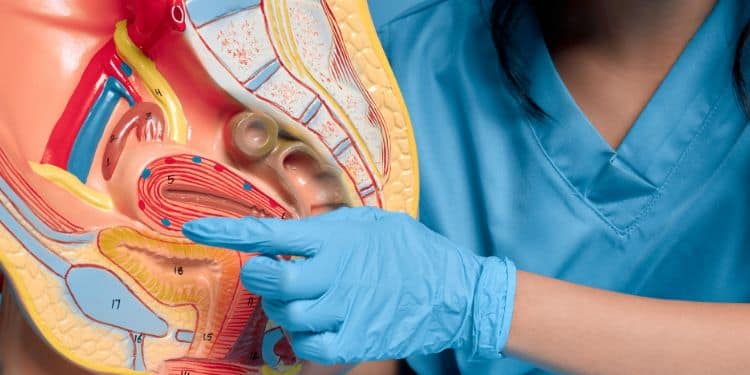You don't have to suffer from a serious illness to notice that something isn't right with your digestive system. Sometimes it's enough to feel like a meal is taking too long to "go down" or that gas is becoming the main focus of your day. digestive health It often goes unnoticed until it stops functioning as it should. However, its most common symptoms can offer early clues about disorders that, if ignored, can eventually become chronic or disabling.
The body warns, even if it doesn't scream
Abdominal pain, heartburn, bloating, constipation, or diarrhea are not simply passing discomforts. Their frequent occurrence can mask functional disorders—such as irritable bowel syndrome—or inflammatory conditions. It's not necessary to be alarmed by every single symptom, but rather to observe their frequency and relationship to what we eat, how we live, and how we manage daily stress.
Many digestive symptoms arise in seemingly healthy people. Others present as side effects of medications, occasional infections, or hormonal changes. However, when these symptoms persist over time, they may indicate the presence of conditions such as gastritis, functional dyspepsia, gastroesophageal reflux disease, or food intolerances. The important thing is not to normalize them.
Nutrition, a key (but not the only) element in digestive health
Eating quickly, snacking between meals, or overindulging in coffee and processed foods directly impact digestive function. Diets low in fiber and high in fat not only slow intestinal transit: they also alter the microbiota, the community of bacteria that plays an essential role in digestion and the immune system.
The impact of stress on digestive health is often underestimated. The gut-brain axis isn't a fad of modern psychology: it's a complex communication network that explains why anxiety can trigger diarrhea, or why a heavy meal can make us feel worse after a bad day. Lack of sleep, a rushed life, or a lack of rest also affect digestion.
Diagnosis: Listen and then explore
A correct diagnosis begins with a thorough medical history. A good professional will ask not only about diet, but also about schedules, sleep quality, and family history. This will be followed by blood tests, breath tests—for example, to detect Helicobacter pylori—and more invasive studies, such as an endoscopy, if there are warning signs such as unexplained bleeding or weight loss.
In many cases, no clear organic cause can be found. Nevertheless, symptoms persist and must be treated. Functional disorders, such as irritable bowel syndrome, require personalized approaches that combine diet, stress management, mild medications, and, in some cases, psychotherapy.
Treatment, beyond medication
The first recommended treatment is almost always a lifestyle change. Eating more slowly, maintaining a schedule, increasing fiber intake, and reducing fermentable sugars are measures that have proven effective. The FODMAP diet, applied under nutritional supervision, has yielded good results in patients with recurrent abdominal bloating and pain.
Regarding medications, doctors usually opt for symptomatic treatments: antacids, mild laxatives, probiotics, or antispasmodics, depending on the clinical picture. More aggressive medications are reserved for specific diagnoses such as severe reflux or ulcerative colitis. In selected cases, low-dose antidepressants are used to modulate the gut-brain connection without sedating effects.
Although digestive enzyme supplements or probiotics are popular, not all of them have scientific backing. Some probiotic strains are useful for post-antibiotic diarrhea or to relieve irritable bowel symptoms, but they are not a substitute for a proper diet. It's always a good idea to consult with a doctor. doctor before consuming them.
Listen to your body and know when to act
Not all digestive symptoms require a visit to the doctor, but there are signs that shouldn't be ignored. If there is blood in the stool, persistent vomiting, unintentional weight loss, or recurring fever, it's essential to seek specialized care. It's also essential when symptoms, even mild, disrupt daily routines for several weeks.
Often, relief comes with simple changes: quitting smoking, sleeping better, or cutting back on alcohol. Other times, specific treatment is needed. But in all cases, the key is to observe your body and act promptly. The gut is more sensitive than it seems. Listening to it can prevent complications and improve your entire life.






